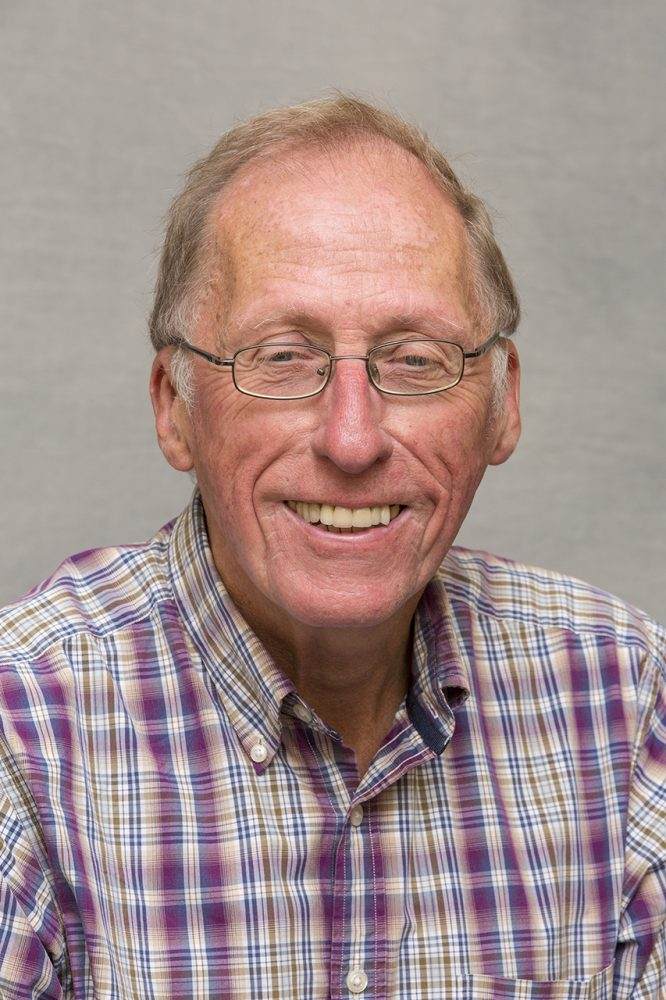
“there are many stories to be told, each one of which deserves listening to and each one of which can be questioned or contested” (Moss, 2019, p. 7)
One of the influential people for us currently is Peter Moss who is an emeritus professor of early childhood provision at UCL Institute of Education, University College London. Moss is the author of many articles and books regarding early childhood education.
Peter Moss likes to talk about early childhood education in relation to stories. He quotes Bruner (1990) when he says “mankind has an innate tendency to communicate and to make sense of existence through stories (Moss, 2019, p. 4). Synonyms for “story” are discourse and narrative. Moss talks about “dominant discourses” and “alternative narratives” in early childhood education. He describes a dominant discourse as one that has become particularly influential, or “mainstream” (Moss, 2019). Dominant discourses have a powerful influence as they insist they are “the only way to think, talk and behave” (Moss, 2019, p. 5).
We live in a time where there is a very strong dominant discourse of neoliberalism. Neoliberalism has framed much of our lives over the past 30-40 years (Moss, 2020) and has become deeply entrenched in our thinking. At its core, neoliberalism focuses on standardisation and accountability (Baltodana, 2012) and can be summed up by the quote “what gets measured gets managed” (Moss, 2019). This may help to explain why we have been focused on quality for so long. Quality is well within the neoliberal discourse as it identifies standards and is a measurement for accountability. Therefore, quality too is a dominant discourse.
Peter Moss, and many others, are suggesting that we need to come up with alternatives to these dominant discourses. He reminds us that we all have different perspectives and values which means that there does not have to be one right answer or one single way of doing things. In particular, he suggests that the way we think about and do education does not have one right answer. He believes that those who feel there is only one right way to do education are denying diversity and complexity (Moss, 2020).
As a result of this thinking, Peter Moss has adopted the concept of “alternative narratives”. Alternative narratives include other theories and perspectives (stories) that resist mainstream thinking. They allow for multiplicity and choice in the way we view early childhood education, and what we believe is important. As an example, alternatives to mainstream thinking include: Reggio Emilia, Waldorf, Montessori, and Te Whāriki. We are not looking to have you recreate one of these pedagogies; our new approach is not about recreating and making more of the same. We are hoping that you will learn alongside us, listen to the many different ways of thinking about early childhood education, and define what is important to you and what “story” you would like to tell about early childhood education.
Peter Moss does attest that it can be difficult and unsettling to break free from dominant discourses and embrace alternatives because the dominant discourses (e.g. neoliberalism and quality) have become so commonplace. However, we, as a community, are experimenting with an alternative. We are confident that there are better alternatives to quality and we believe in the potential of our community (you) to think in new and revolutionary ways. As stated by Foucault (1988), “As soon as one no longer thinks things as one formerly thought them, transformation becomes very urgent, very difficult and quite possible” (as cited by Moss, 2020, p. 106)
References
Baltodana, O. (2012). Neoliberalism and the demise of public education: The corporatization of schools of education. International Journal of Qualitative Studies in Education, 25, 1487–1507. doi:10.1080/09518398.2012.673025
Moss, P. (2019). Alternative narratives in early childhood: An introduction for students and practitioners. Routledge.
Pacini-Ketchabaw, V. & Moss, P. (2020, July). Early childhood pedagogy: Veronica Pacini-Ketchabaw interviews Peter Moss. Journal of Childhood Studies, 45(2), 98-111.
